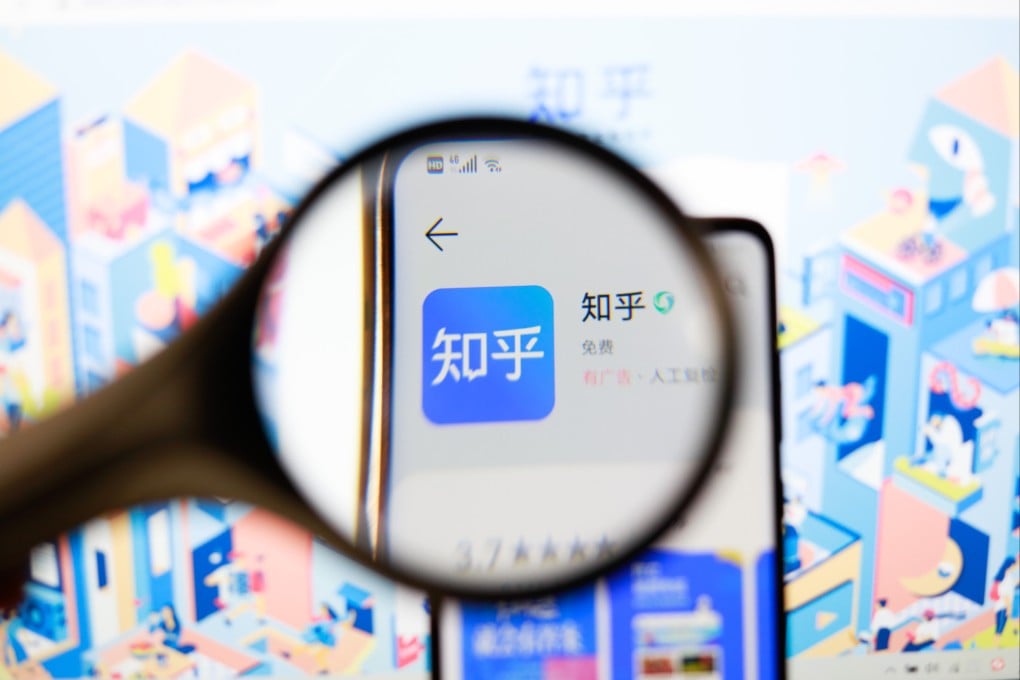Advertisement
China’s Quora-like platform Zhihu embeds AI feature on Q&A service, joining other mainland tech firms in ChatGPT frenzy
- Zhihu will immediately start its internal test of the function called Sousuo Juhe, which translates to ‘search aggregation’ in English
- The firm uses a large language model co-developed with Beijing-based AI start-up ModelBest, which unveiled its own ChatGPT-like chatbot called Luca
Reading Time:2 minutes
Why you can trust SCMP

Coco Fengin Beijing
Chinese Quora-like question-and-answer service Zhihu has developed a new search function that completes tasks using an artificial intelligence (AI) algorithm, similar to the content-generating technology behind US start-up OpenAI’s ChatGPT.
Zhihu, China’s biggest knowledge-sharing platform operator, will immediately start its internal test of the function called Sousuo Juhe, which translates to “search aggregation” in English, according to company chief technology officer Li Dahai, who was cited in a report on Saturday by state-backed newspaper Science and Technology Daily.
Acting on a user’s search for a specific topic, the new feature would extract and compile user-generated answers to offer a comprehensive result, which “improves the efficiency in accessing information”, the report said.
Advertisement
Zhihu uses a large language model (LLM) that it co-developed with Beijing-based AI start-up ModelBest, in which the New York- and Hong Kong-listed company led a funding round in April.
At that time, Zhihu and ModelBest said they were jointly training the LLM called “Zhihaitu AI” and exploring its application on the trending list section of the Chinese question-and-answer service.
Advertisement
Advertisement
Select Voice
Choose your listening speed
Get through articles 2x faster
1.25x
250 WPM
Slow
Average
Fast
1.25x